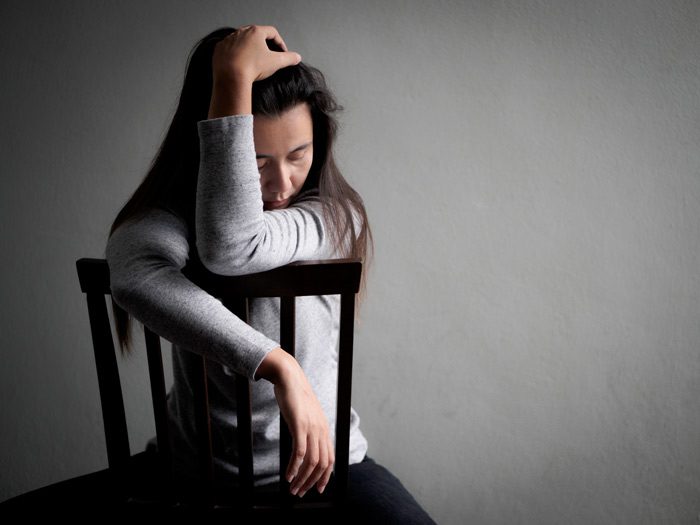By Sandy Baker
Everyone has a bad day now and then. Periodic sadness is normal. But some people feel sad most of the time. They struggle with negative thoughts and feel unable to accomplish their goals. Even if they still manage to work and fulfill responsibilities, they struggle with deep pain that’s hard to explain. Unless they are able to receive help, people who struggle with depression may turn to drugs or alcohol as a way to block out the sadness.
Depression and Drug Use
When a person starts using substances to cope with depression, they enter a vicious cycle of pain and frustration. The relief from symptoms only lasts a short amount of time, and consistent substance use will likely lead to a substance use disorder, a progressive disease that deteriorates mental and physical health.
The Risks of Continued Drug Use with Depression
Severe depression is a mental health disorder that requires treatment in a professional setting. It’s a disease like any other. Without professional intervention, it’s not likely to go away, even if you have a few good days now and then. It impacts work, family, and your quality of life. If you’re using substances to help you manage your depression, your mental health could worsen.
When substance abuse develops, you may become less in control over your actions. Depression remains, too, which worsens over time when the substances no longer work to take the edge off. With uncontrolled use and depression, you may be at a higher risk for overdose or suicide.
How to Spot Symptoms of Depression and Drug Use
In substance use disorder, the use of drugs or alcohol typically is easier to notice than the underlying mental health disorder, especially if you are constantly high. Yet, it’s important to notice what’s going on in your body and mind so you can get the help you need. Here are some common symptoms you may have:
- Feelings of hopelessness. You don’t know how you are going to get through the day. You don’t feel like things are ever going to get better.
- Anxiety. When combined with substance abuse, anxiety can make you feel unable to control what’s happening to you.
- Physical changes. You may lose or gain weight, feel aches and pains, especially when not using, and feel ill all of the time. You either want to sleep all of the time, or you cannot sleep at all.
- Feelings of guilt. You feel guilty about having depression or substance use disorder. You feel like it’s your fault you’re in this situation.
- Inability to concentrate. You feel unfocused throughout the day. You may find yourself thinking that if you could just focus, you could fix it all. Yet, you may often be thinking about using.
- Loss of interest in things around you. Even though you still love family and friends, you have no interest in doing things with them. You don’t like to do the things you used to and have pulled away from social activities.
It’s also common to have symptoms of withdrawal if you stop using a substance for a period of time. You may feel nausea and dizziness. You may feel bone pain. Some people also experience intense cravings that feel impossible to control.
For those with severe depression, there’s often the thought of suicide. You may feel as though you don’t want to live any longer because it’s too hard, no one is there to help you, or it’s impossible to overcome the addiction and the depression.
Take a Deep Breath and Realize There Is Hope
Battling drug use and depression is a big challenge. It may feel as though it is taking over your life right now. But help is always available.
When you have both depression and drug use disorder, you have what’s known as a co-occurring disorder. To get better and on the right path, you need treatment for both at the same time. It doesn’t have to be overwhelming, but it does need to be comprehensive care that addresses your unique situation.
For some people, a chemical imbalance may be causing depressive symptoms. Treating the imbalance with medication and therapy could help you to see some relief from depression. Then, you’ll work on the substance use disorder, including learning how to face and process your feelings so that they don’t build up and overwhelm you.
What will recovery involve?
- You may need to go through a detox program.
- You’ll need medical and mental health support.
- You may benefit from residential treatment so that doctors can help you find stability.
- You may benefit from holistic care.
- You’ll need to put in the time and work to sustain your recovery.
The Ranch at Dove Tree may be able to provide you with the resources you need to achieve these goals. Even if you think you’re okay today, today is the best day to seek out help.







